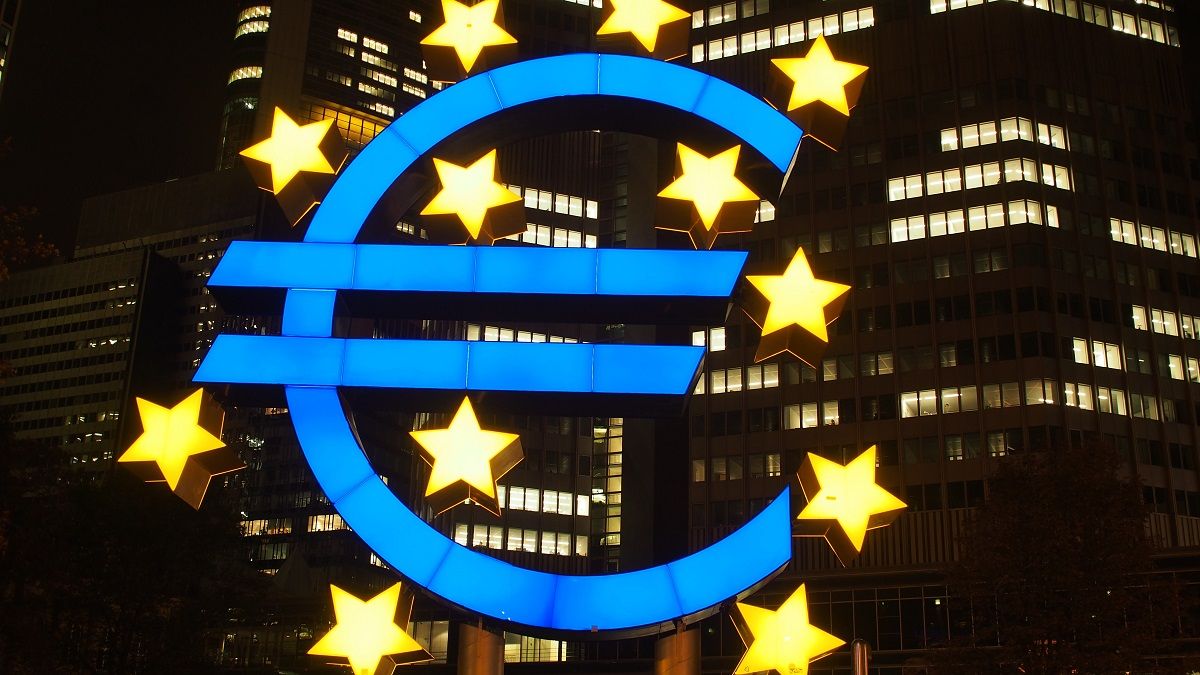The ECB hiked its three key interest rates by 75 basis points at the latest governing council meeting on 27 October, its third increase in a row. It means the interest rate on the main refinancing operations and the interest rates on the marginal lending facility and the deposit facility will be increased to 2%, 2.25% and 1.5% respectively, with effect from 2 November 2022.
It expects to raise interest rates even higher to “ensure a timely return of inflation to its 2% medium-term target”, however the future policy path “will follow a meeting-by-meeting approach and be based on the outlook for the economy and inflation”.
Eurozone inflation hit 9.9% in September, a smidge below the 10.1% recorded in the UK and above the 8.2% reported in the US that month. Like its international peers, this was driven largely by “soaring energy and food prices, supply bottlenecks and the post-pandemic recovery”.
Fidelity International global economist Anna Stupnytska said the move was “in line with expectations”.
“The main change in the statement was the dropping of the reference to rate hikes happening over the ‘next several meetings’ and declaring that the governing council had made ‘substantial progress’ towards withdrawing policy accommodation.”
She added: “The main focus now is on the rate trajectory and any QT decisions from here. The ECB continues facing a sharp trade-off between high inflation, which remains at all-time highs, and a rapidly deteriorating economic outlook, with a looming recession on the horizon.
“As the global energy crisis unfolds with Europe bearing the brunt, the ECB’s window of opportunity for aggressive frontloading of policy tightening is shrinking rapidly. Today’s move is likely to be the last ‘jumbo’ hike in this cycle, followed by smaller rate increases and an earlier pause, or indeed abandonment of tightening, relative to expectations. Given the multiple moving parts, uncertainty around the European macro-outlook remains highly elevated and will crucially depend on the size and composition of fiscal responses, which, together with developments in the euro and peripheral spreads, will shape the ECB path from here. “
But not everyone is in agreement, with Jack Allen-Reynolds, senior Europe economist at Capital Economics, stating that the ECB “is very likely to follow today’s 75bp rate hike with further aggressive increases in the coming months, even if we are right that the forthcoming recession will be deeper than most expect”.
The decision not to introduce quantitative tightening now “is likely seen as slightly dovish”, however Allen-Reynolds said “with policymakers openly discussing QT, it wouldn’t be surprising if an announcement came at the next meeting in December”.
Dan Boardman-Weston, CEO and CIO at BRI Wealth Management, said rates “are likely to continue going up until there is clarity that inflation is falling and the ECB may come under pressure to be more aggressive with rate hikes, depending on what course other central banks take going forward”.
“The ECB has a difficult balancing act though as inflation continues to darken the economic outlook, meaning they are raising rates at a time when the economy could do with a more dovish stance. The growth outlook for Europe is gloomier than it has been since the dark days of Covid or the Eurozone crisis a decade ago, and we’re likely to see a material slowdown in economic activity through the rest of 2022.
“The inflation continues to be largely supply driven and interest rate increases are not going to assist with these contributory factors to inflation. 2022 will likely be a pivotal year for monetary policy and the risks of a policy misstep and a recession have increased during the year.”
Neil Birrell, CIO and fund manager of the Premier Miton Diversified fund range, Premier Miton Investors, added: “Central banks everywhere will be looking at the economic data and will make decisions accordingly. They won’t want to overdo it and damage their economies more than they have to. But, let’s be clear, inflation is the primary fear, not recession, and beating it is the most important battle to win. For now, it’s difficult to see what level the ECB will see peak rates reaching.”







